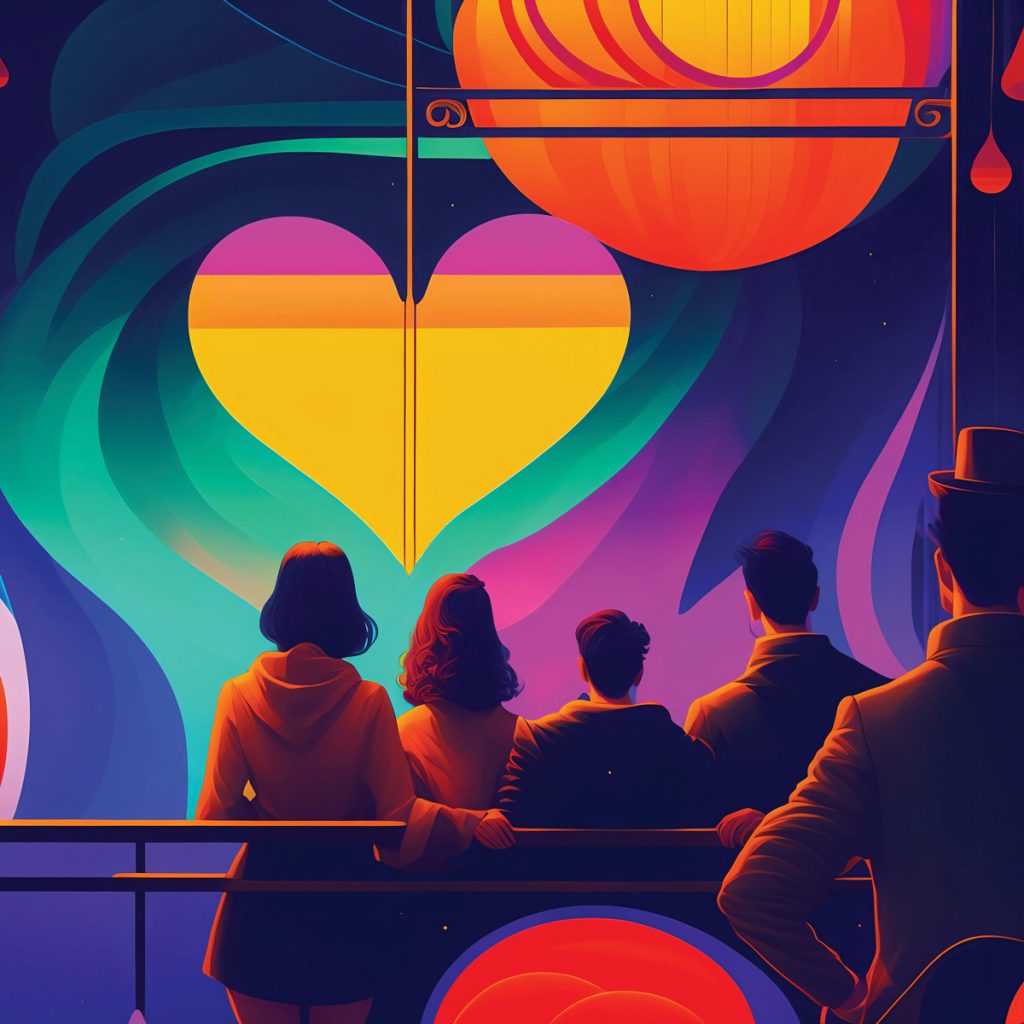Adult infatuations can be a life-enhancing thrill
My name is Rosie and I am a crush addict. At university in 1992, my first ever computer passwords were amalgamations of the names of my first ever crushes. There was no way I’d be forgetting them! Those names, and corresponding timetables, were emblazoned into my psyche. A deftly-organised “chance” meeting was … everything. Hours were spent waiting around corners, waiting behind bins, waiting, waiting, waiting…
And now, decades later as a happily married woman, I find myself waiting again…longing and hoping for Facebook likes from a particular fellow comedian. It seems ridiculous to think that something so trivial can radically shift the course and mood of my day. Yet a crush allows you a separate private space to put all the intense feelings that would send your real-life partner running for the hills. So recently I have come to think of these crushes as a healthy and useful addiction, one which has pushed me to be more curious, creative, ambitious and resilient.
I mean, how on earth does anyone get anything done if they don’t have a crush? Surely the greatest motivation of all derives from a knowledge that achieving something great will get the attention of the object of your obsession. You might impress them. You might annoy them. It doesn’t really matter. Momentarily you will exist in their world. What could be better?
One of the first names to be added to my 1990s computer password list was Kate.
The first time I saw her, she was in the college canteen ordering chips and a vegetarian sausage. She wore classic black Doc Martens with the addition of a tiny flower painted on the side in Tippex and had her hair pulled away from her dainty features in a quirky side ponytail. Assessing the company she was in, I figured that she was a feminist. On the spot I decided, “I want to be a feminist, too.”
Those painful, thwarted crushes stretch you intellectually and make you bigger and better
That was it. My student life was now rigidly defined around getting to know this elusive woman. I joined a collective that began to produce a women’s newspaper packed with controversial articles about body image, mental health, sexual violence, periods and wanking. I took part in Reclaim the Night marches and a same-sex mock wedding, staged outside York Minster on a frosty Valentine’s Day. We shivered with the thrill that we were suggesting something so radical, something that we would surely not see in our lifetimes. “Love is not a crime,” we shouted through megaphones. Although my naïve heart was breaking a little as Kate “married” her girlfriend Sharon, I was starting to come alive. I was interested in politics, equality and what was going on in the world.







